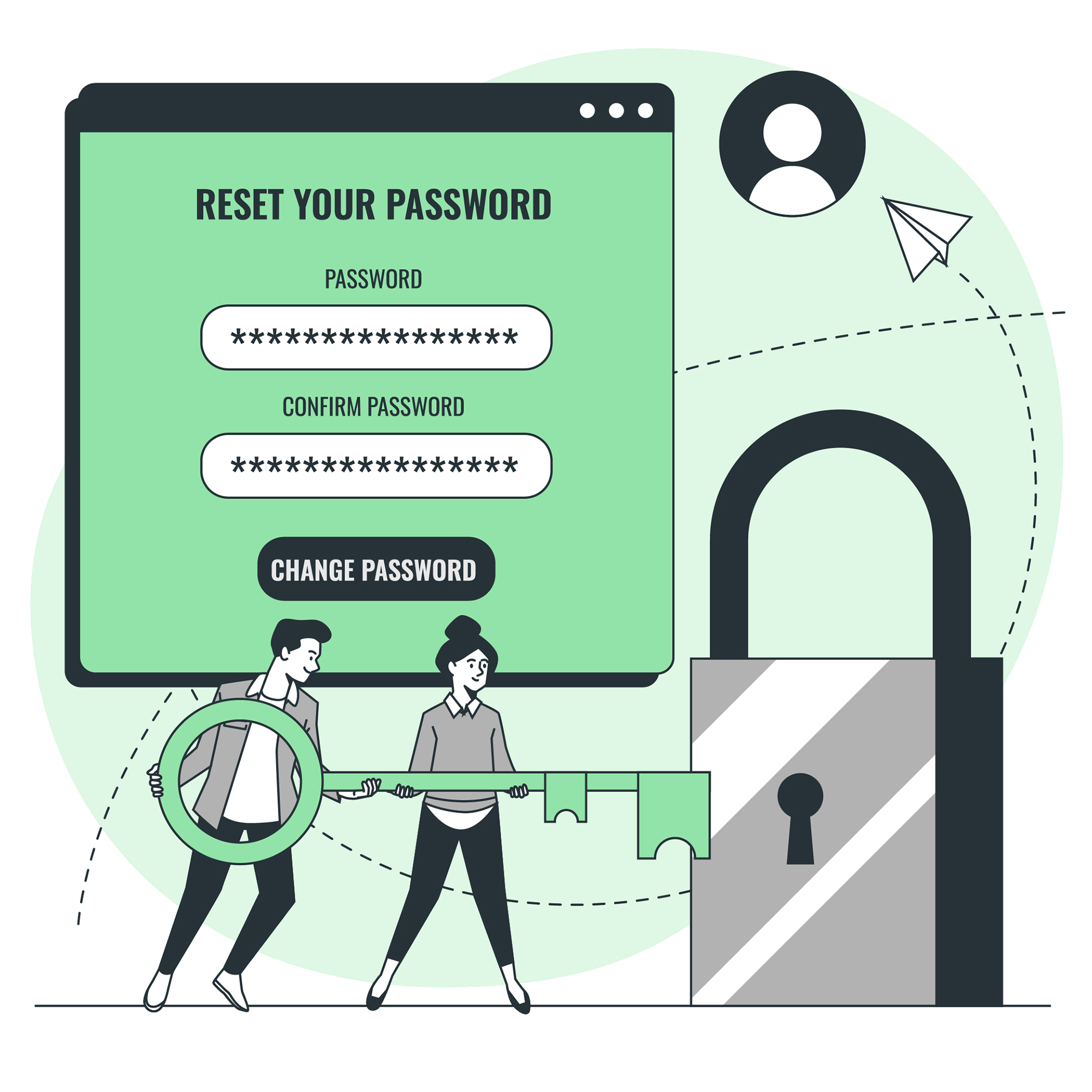How often should I change my WiFi Password? Securing your WiFi is essential for protecting your home network from malicious attacks. It’s important to understand the importance of changing your WiFi password regularly and the different types of passwords you can use to protect your network. In this article, we will discuss what WiFi security is, why you should change your password, how often you should change your password, the benefits and risks of changing your password, the best practices for securing your WiFi, the different types of WiFi passwords, how to change your WiFi password, what to do if you forget your password, and tips for keeping your WiFi secure.
What is WiFi Security?
WiFi security is the process of protecting your home network from malicious attacks. It involves using encryption, authentication, and other security measures to protect your network from unauthorized access. By using encryption, authentication, and other security measures, you can ensure that only authorized users can access your network. Additionally, you can use a strong password to protect your network from hackers and other malicious actors.
Why Should You Change Your Password?
Changing your password regularly is an important part of WiFi security. By changing your password regularly, you can ensure that your network is more secure and that unauthorized users cannot access your network. Additionally, changing your password regularly can help protect your network from hackers and other malicious actors.
How Often Should You Change Your Password?
It is recommended that you change your password every three to six months. This is to ensure that your network is as secure as possible and that unauthorized users cannot access your network. Additionally, changing your password regularly can help protect your network from hackers and other malicious actors.
What Are the Benefits of Changing Your Password?
The benefits of changing your password regularly include increased security for your network, protection from hackers and other malicious actors, and peace of mind knowing that your network is secure. Additionally, changing your password regularly can help protect your network from unauthorized access.
What Are the Risks of Not Changing Your Password?
The risks of not changing your password regularly include increased vulnerability to malicious attacks, unauthorized access to your network, and the potential for data theft. Additionally, not changing your password regularly can leave your network open to hackers and other malicious actors.
What Are the Best Practices for Securing Your WiFi?
The best practices for securing your WiFi include using a strong password, enabling encryption, and regularly changing your password. Additionally, you should also use a firewall to protect your network from malicious attacks.
What Are the Different Types of WiFi Passwords?
The different types of WiFi passwords include WPA2-PSK, WPA-PSK, and WEP. WPA2-PSK is the most secure type of password and is recommended for most home networks. WPA-PSK is less secure than WPA2-PSK but is still a good option for home networks. WEP is the least secure type of password and is not recommended for home networks.
How to Change Your WiFi Password
Changing your WiFi password is relatively easy and can be done in a few steps. First, you will need to log into your router’s administration page. Once you are logged in, you will need to locate the settings for your WiFi password. Once you have located the settings, you can enter a new password and save the changes.
What to Do if You Forget Your Password
If you forget your WiFi password, you can reset your router to its factory settings. This will reset your password to the default password that came with the router. You can then log into the router’s administration page and set a new password.
Tips for Keeping Your WiFi Secure
There are a few tips for keeping your WiFi secure. First, you should always use a strong password and enable encryption. Additionally, you should regularly change your password and use a firewall to protect your network from malicious attacks. Finally, you should also be aware of any suspicious activity on your network and take steps to address it.
Summing up Securing Your WiFi: How Often Should You Change Your Password?
Securing your WiFi is essential for protecting your home network from malicious attacks. It’s important to understand the importance of changing your WiFi password regularly and the different types of passwords you can use to protect your network. It is recommended that you change your password every three to six months to ensure that your network is as secure as possible. Additionally, you should use a strong password, enable encryption, and use a firewall to protect your network from malicious attacks. By following these tips, you can ensure that your WiFi network is secure and that unauthorized users cannot access your network.




![Crafting Unforgettable Passwords: A Guide for Developers A string of random characters typically has higher entropy compared to a few common words due to the vast number of possible combinations. For example, a 10-character lowercase password has roughly the same entropy as a 4-word passphrase picked from a 5000-word dictionary [5].](https://passwordclinic.com/wp-content/uploads/2024/06/automation-section-3-150x150.webp)





![A string of random characters typically has higher entropy compared to a few common words due to the vast number of possible combinations. For example, a 10-character lowercase password has roughly the same entropy as a 4-word passphrase picked from a 5000-word dictionary [5].](https://passwordclinic.com/wp-content/uploads/2024/06/automation-section-3.webp)

